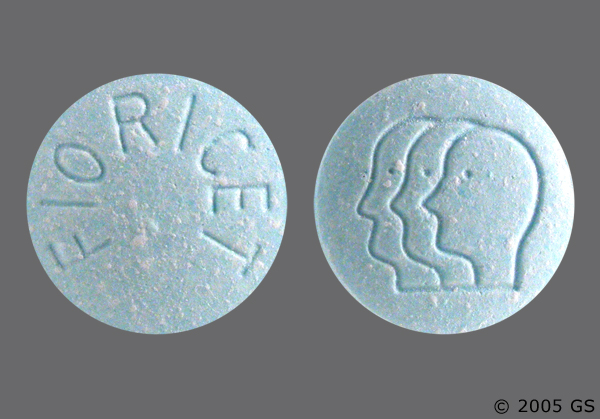The safety and effectiveness of Fioricet in children under the age of 12 has not been proven. Therefore, Fioricet is not recommended for use in children.
How to use Fioricet

Take this medication by mouth with or without food as directed by your doctor, usually every 4 hours as needed.
If you are using the liquid form of this medication, carefully measure the dose using a special measuring device/spoon. Do not use a household spoon because you may not get the correct dose.
The dosage is based on your medical condition, age, and response to treatment. This medication works best if it is used as the first signs of a headache occur. If you wait until the headache has worsened, the medication may not work as well.
Though it helps many people, this medication may sometimes cause addiction. This risk may be higher if you have a substance use disorder (such as overuse of or addiction to drugs/alcohol). Take this medication exactly as prescribed to lower the risk of addiction. Ask your doctor or pharmacist for more details.
Tell your doctor if you notice increased use of this medication, a worsening of headaches, an increase in the number of headaches, the medication not working as well, or use of this medication for more than 2 headache episodes a week. Do not take more than recommended. Your doctor may need to change your medication and/or add a separate medication to prevent the headaches.
Fioricet Precautions

It is very important that your doctor check your progress while you or your child are taking this medicine. This will allow your doctor to see if the medicine is working properly and to decide if you should continue to take it.
This medicine may be habit-forming. If you or your child feel that the medicine is not working as well, do not use more than your prescribed dose. Call your doctor for instructions.
Check with your doctor right away if you or your child have pain or tenderness in the upper stomach, pale stools, dark urine, loss of appetite, nausea, unusual tiredness or weakness, or yellow eyes or skin. These could be symptoms of a serious liver problem.
Serious skin reactions can occur with this medicine. Check with your doctor right away if you have blistering, peeling, or loose skin, red skin lesions, severe acne or skin rash, sores or ulcers on the skin, or fever or chills while you are using this medicine.
This medicine may cause serious allergic reactions, including anaphylaxis. Anaphylaxis can be life-threatening and requires immediate medical attention. Call your doctor right away if you or your child have a rash, itching, hoarseness, trouble breathing, trouble swallowing, or any swelling of your hands, face, or mouth while you are using this medicine.
This medicine may make you dizzy or drowsy. Make sure you know how you react to this medicine before you drive, use machines, or do anything else that could be dangerous if you are dizzy or not alert.
This medicine will add to the effects of alcohol and other CNS depressants (medicines that can make you drowsy or less alert). Some examples of CNS depressants are antihistamines or medicine for allergies or colds, sedatives, tranquilizers, or sleeping medicine, other prescription pain medicine or narcotics, medicine for seizures or barbiturates, muscle relaxants, or anesthetics, including some dental anesthetics. Also, there may be a greater risk of liver damage if you drink three or more alcoholic beverages while you are taking acetaminophen. Do not drink alcoholic beverages, and check with your doctor before taking any of these medicines while you are using this medicine.
Before you have any medical tests, tell the medical doctor in charge that you or your child are taking this medicine. The results of some tests may be affected by this medicine.
Do not take other medicines unless they have been discussed with your doctor. This includes prescription or nonprescription (over-the-counter [OTC]) medicines and herbal or vitamin supplements.
